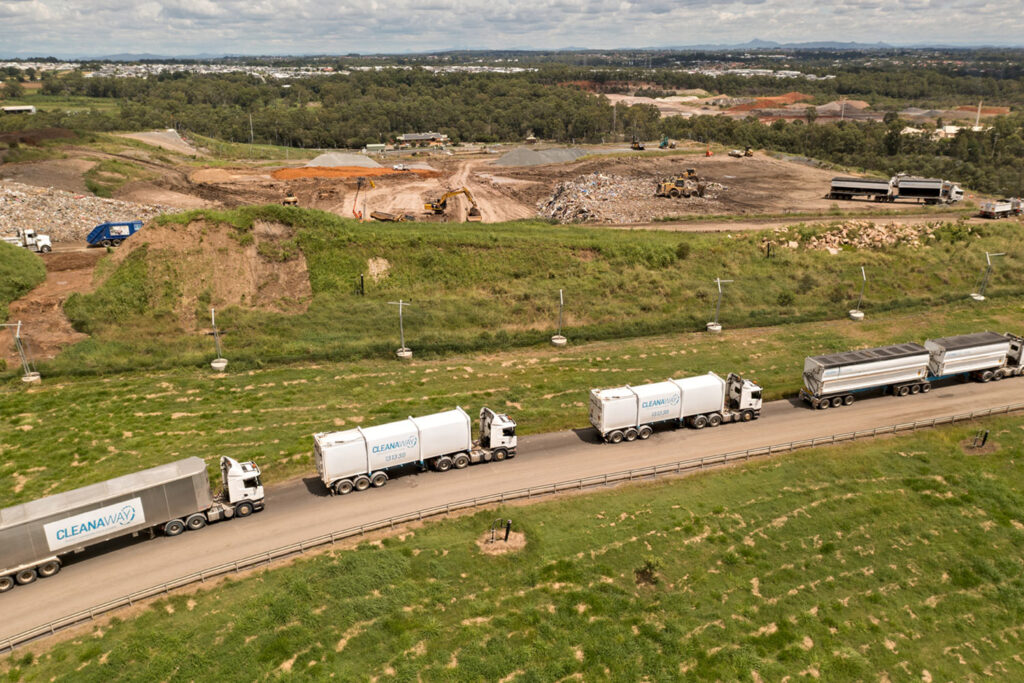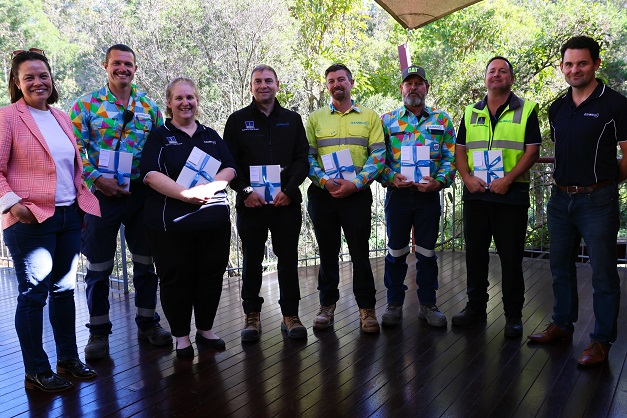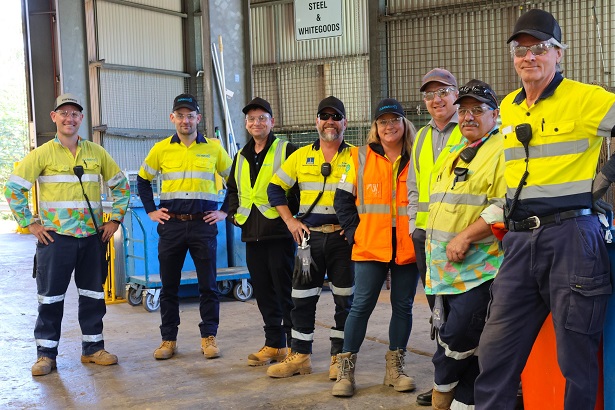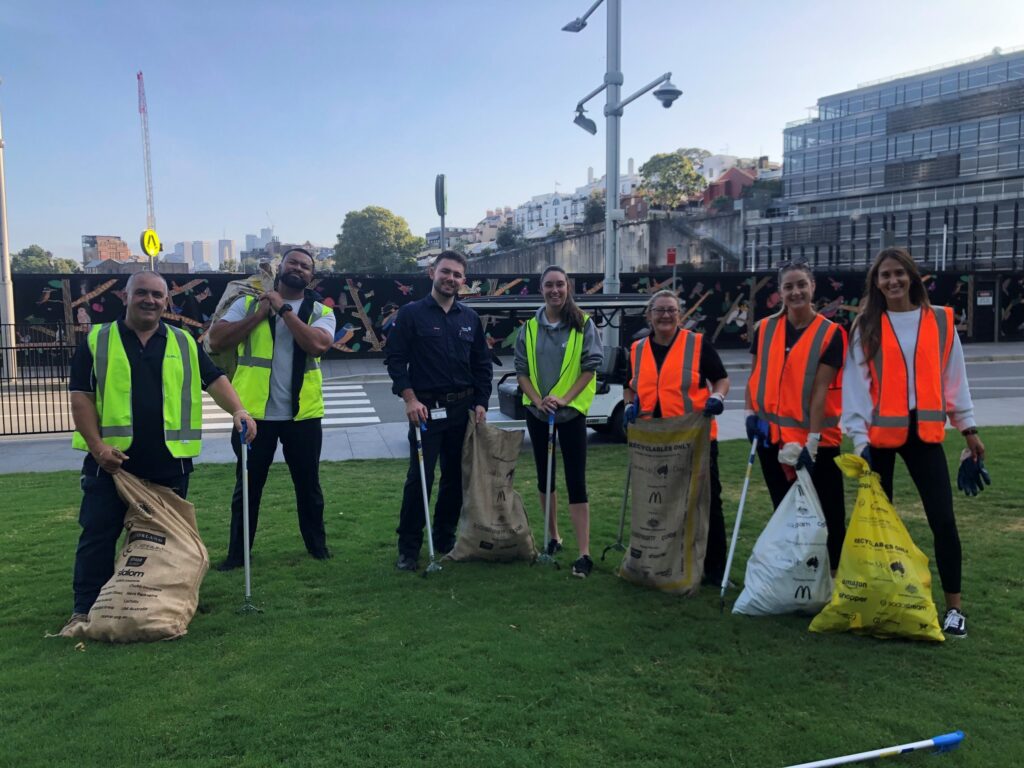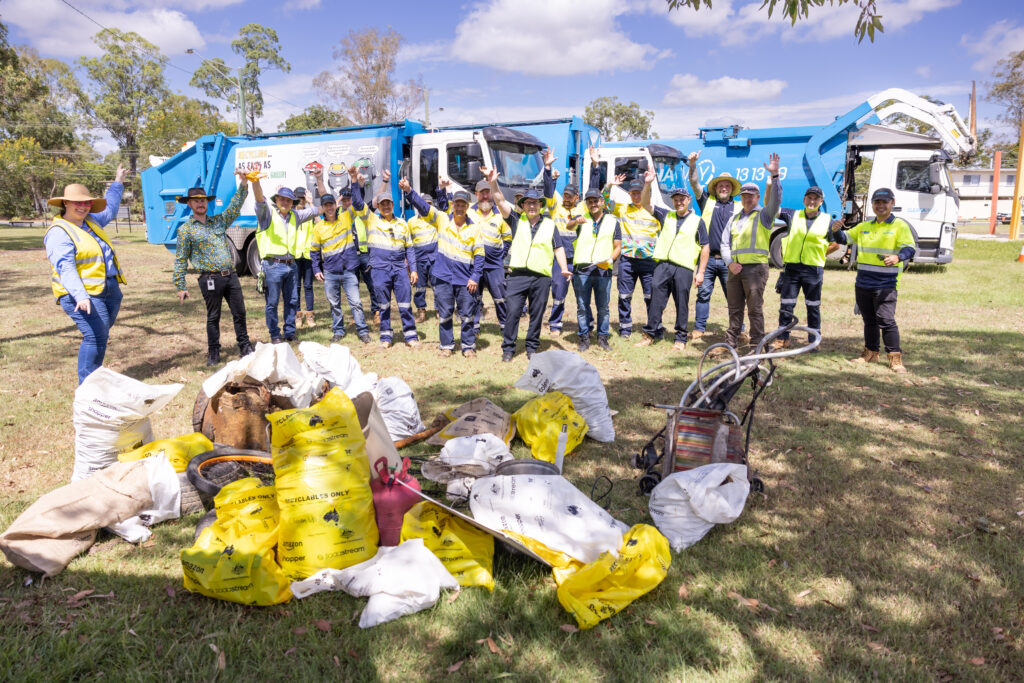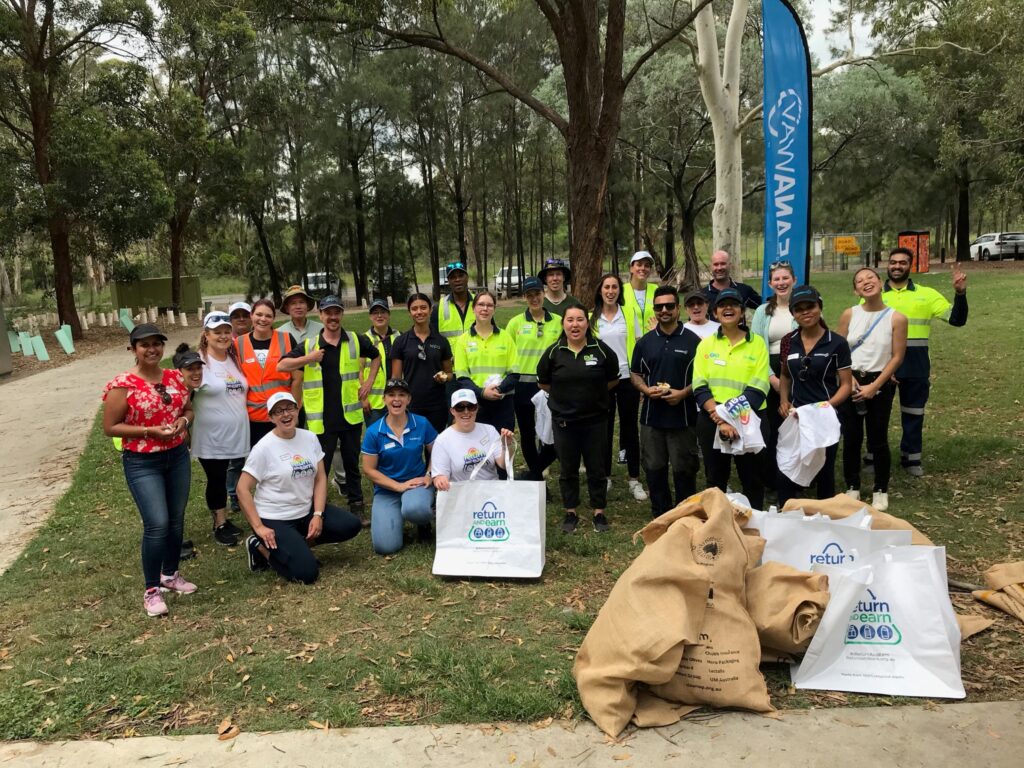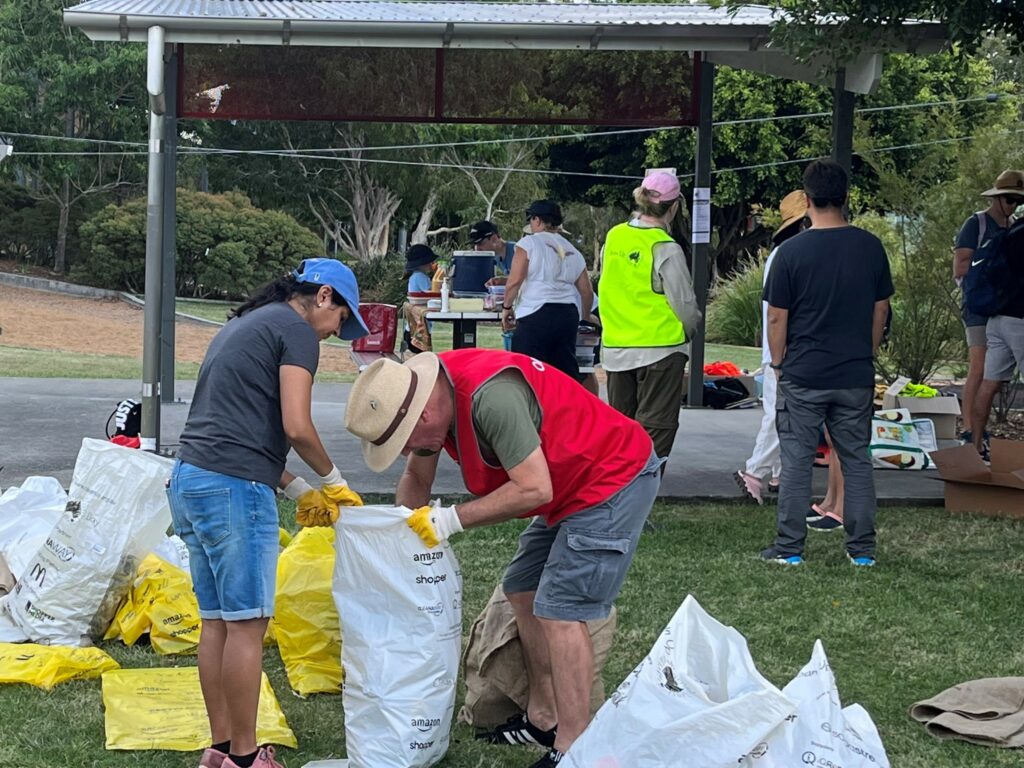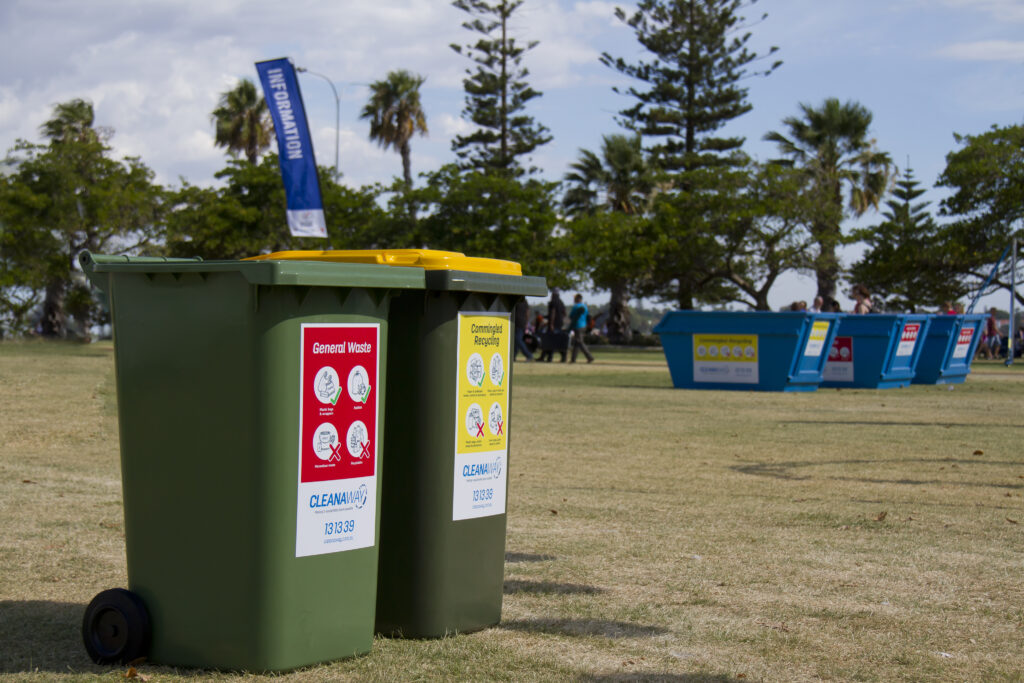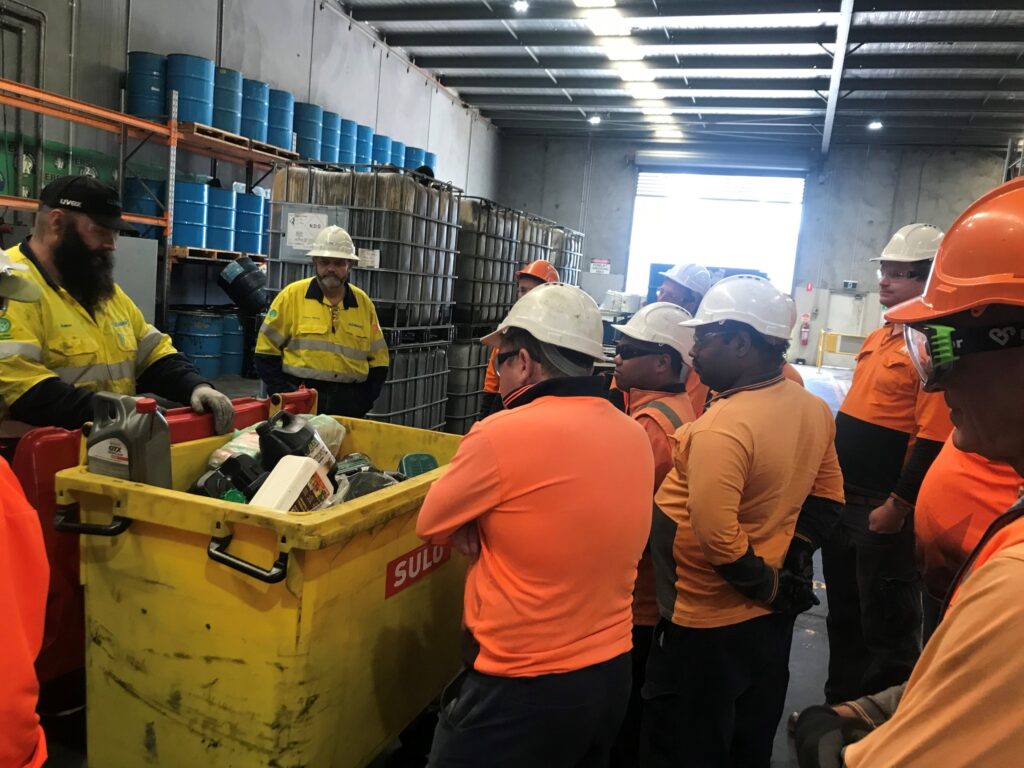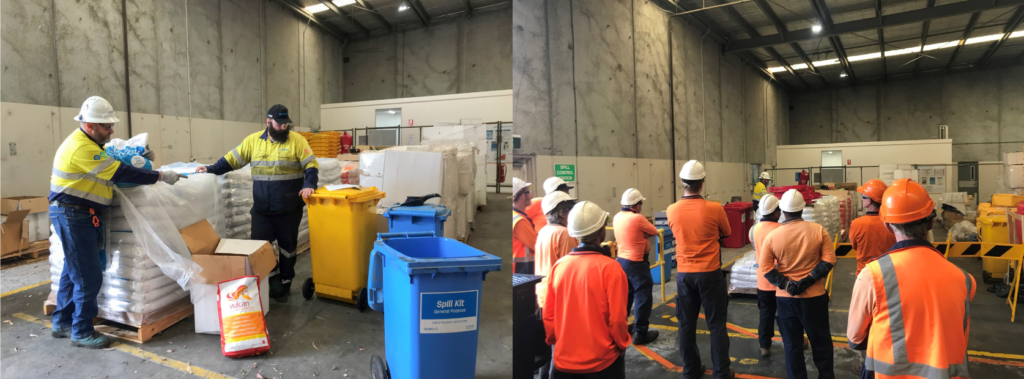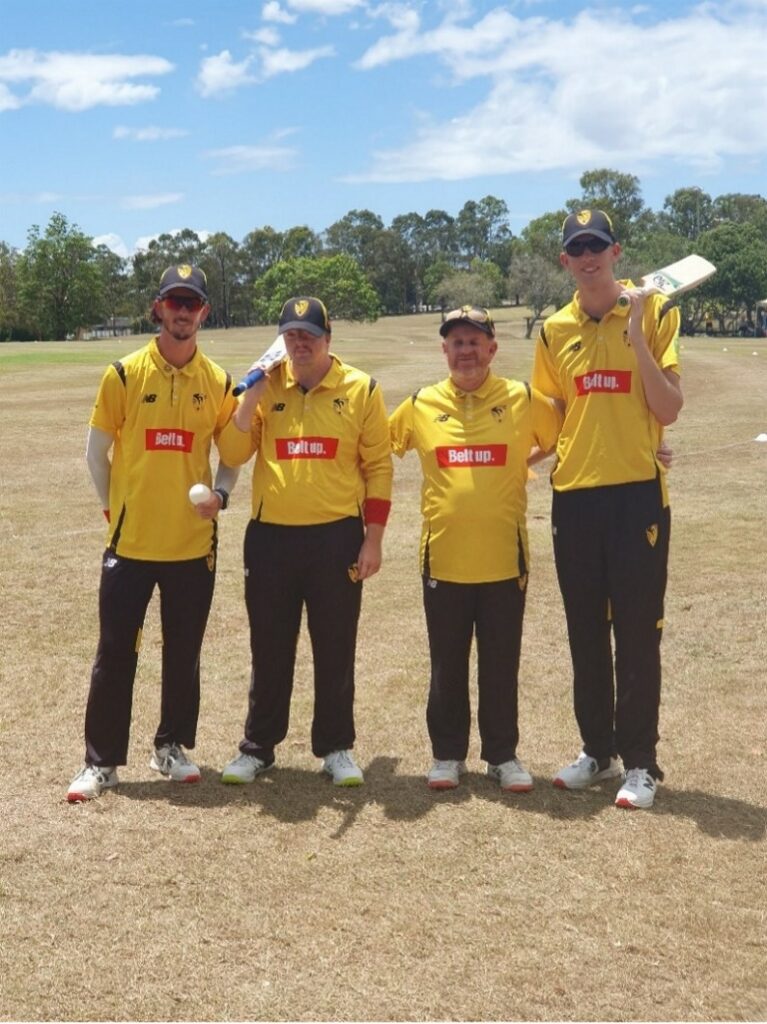New data from Cleanaway shows that saving money is motivating more sustainable lifestyle choices.
Eight in 10 Aussies are opting to repair items rather than replace them, and six in ten are buying secondhand, motivated primarily to save money rather than by environmental concerns.
When it comes to recycling, despite most people (90 per cent) considering it important, we’re becoming increasingly confused. A lack of understanding is leading to simple sorting errors, with more than half of us (62 per cent) not correctly placing takeaway coffee cups in the general waste bin!
Australia’s largest waste management company, Cleanaway, has today released the findings of its 2023 Recycling Behaviours Report, revealing that many sustainable behaviours are being driven by saving money, as the rising cost of living trumps climate change as a concern for more than three quarters of us (79 per cent).
Among those who are buying things second-hand, three in four (75 per cent) are doing so to save money compared to only 41 per cent who are doing it to reduce their environmental impact. 42 per cent of this group increased or started this habit in 2022 and saving money is also the most common motivator for people who repair items over replacing them.
Results found more than one third of people (38 per cent) still find recycling confusing, an increase of nine per cent from 2021, while nearly half (44 per cent) say it’s hard to find clear instructions. Of more concern, a massive four in five Aussies (81 per cent) misidentified a common recycling symbol, with serious implications for kerbside recycling.
The report also lifts the lid on our everyday recycling behaviours, proving we’re still getting simple sorting wrong despite our good intentions. More than half of us (53 per cent) incorrectly dispose of takeaway coffee cups in kerbside recycling bins rather than general waste, and 32 per cent of people are still incorrectly placing soft plastics into their recycling bins.
E-Waste also poses challenges as nearly half (48 per cent) of us find it difficult to recycle despite specialised drop-offs being available. Over a third (37 per cent) don’t take batteries to specialised disposal with nearly one quarter (24 per cent) wrongly placing batteries into their kerbside bins, and more than one third of people (38 per cent) aren’t disposing of mobile phones (a type of E-Waste) in specialised recycling.
Cleanaway Sustainability Manager, Rebecca Evered, says the cost of living is a huge focus for Australians this year, but it’s important to remember that we can help our back pocket at the same time as reducing our environmental footprint. The two can go hand-in-hand.
“Despite the financial challenges that households are facing, we still want people to be motivated to implement sustainable practices into their everyday lives and be aware of the role we all play in recycling. We also hope people can see the broader benefits of these actions and maintain them despite the ebbs and flows of inflation,” she said.
“Unfortunately, there are several easily avoided recycling mistakes that have severe consequences. For instance, simply putting batteries and e-waste such as mobile phones in our kerbside bins can lead to fires or explosions in garbage trucks and at waste facilities – an issue we’re dealing with far too often,” she says.
In terms of solutions to improve our behaviour, more than one third of people say incentives (36 per cent) and clearer product labelling (39 per cent) would help them recycle more.
Despite our move to re-using and repairing (elements of the circular economy), more than half of us (58 per cent) are still unfamiliar with the term ‘circular economy’ – a system involving the continual recycling and re-use of products and materials into the same or different products.
“A consistent theme we’re seeing emerge from our report each year is that people want to do the right thing, they just don’t know how. At Cleanaway, we want to educate people, reduce confusion and help make us all become more confident recyclers,” says Evered.
Clean Up Australia Chairperson, Pip Kiernan, says, confusion is still a leading cause of our recycling and waste disposal mistakes.
“Recycling confusion is a common theme throughout each of Cleanaway’s annual Recycling Behaviours Reports. We are keen to demystify recycling, because in reality, there’s only a small amount of effort required from each of us to create sustainable change.”
“Together with Cleanaway, we hope these findings spark curiosity and conversation, and encourage us all to reflect on our behaviours to implement the everyday small changes that have lasting impacts.”
As part of its commitment to recycling education, Cleanaway has a dedicated Recycling Hub with answers to common questions and is encouraging all Australians to visit the website and check their knowledge, or alternatively seek information from their local council.
Cleanaway aims to accelerate the transition to a circular economy by building trust in the system and demonstrating how the small actions and changes we make every day can have lasting impacts for years to come.
ENDS
Note to editor:
Commissioned by Cleanaway through Empirica Research, an online survey of 1,000 Australians, representative of the Australian population with respect to state/territory and gender, was conducted in February 2023.
